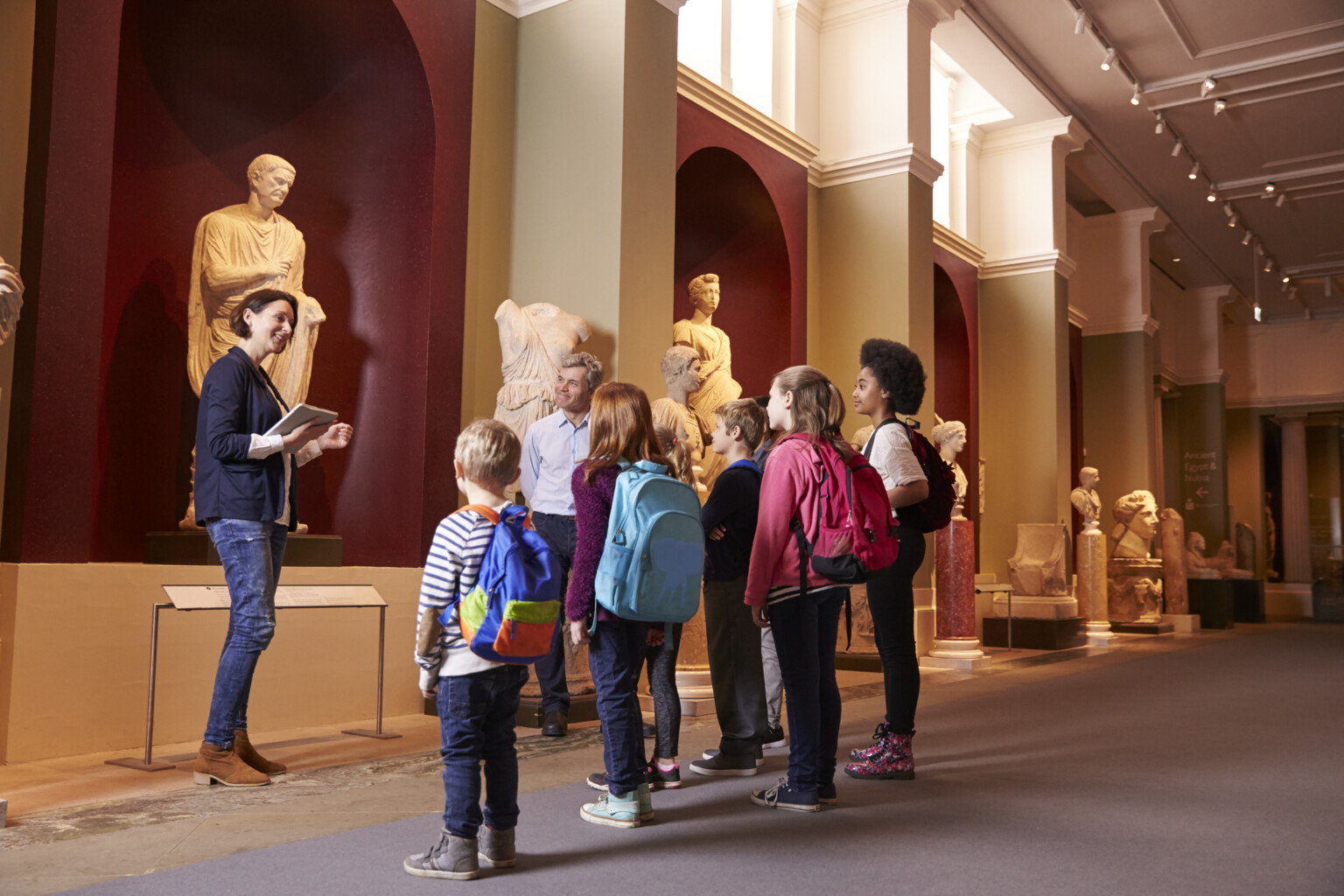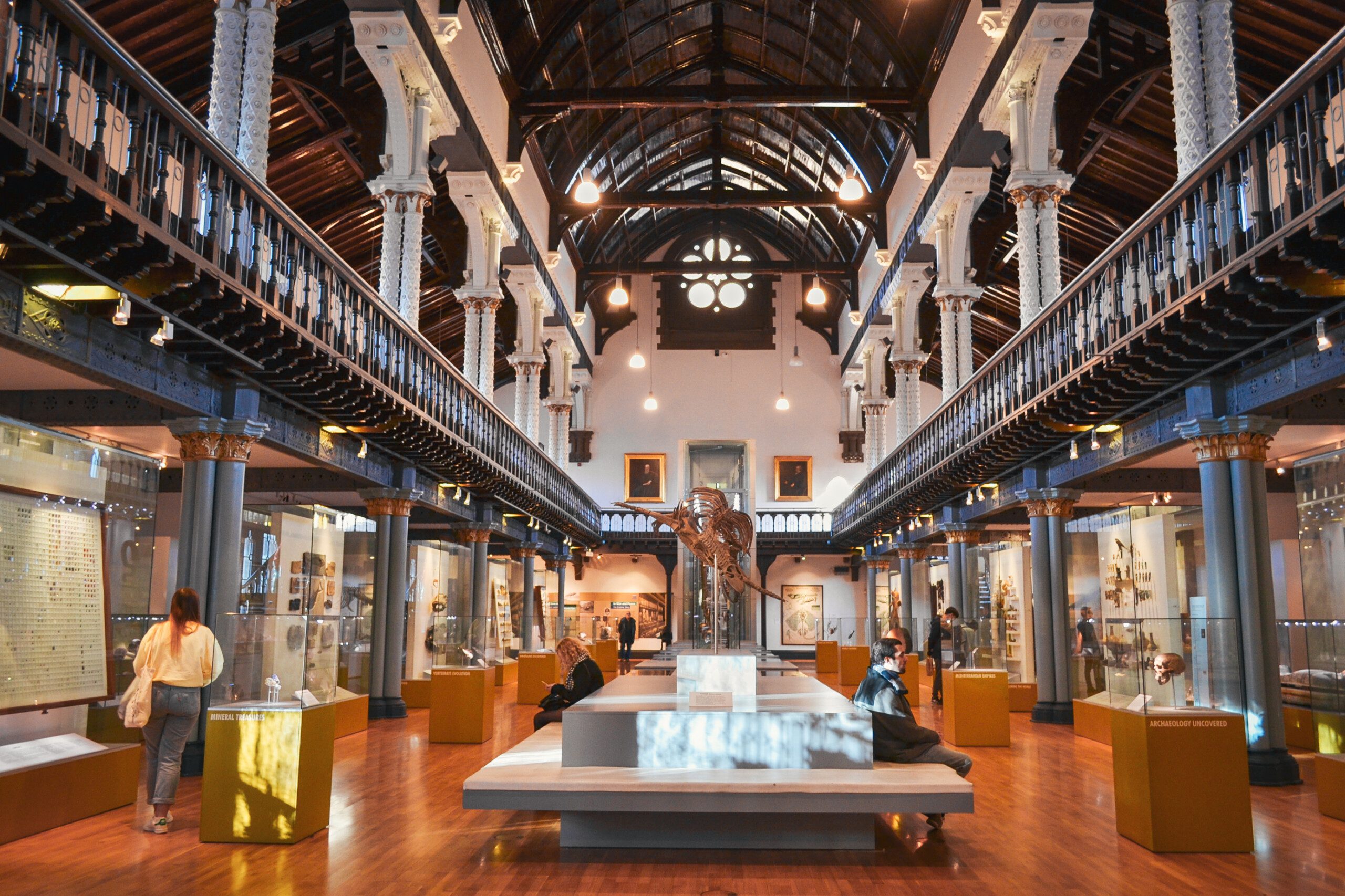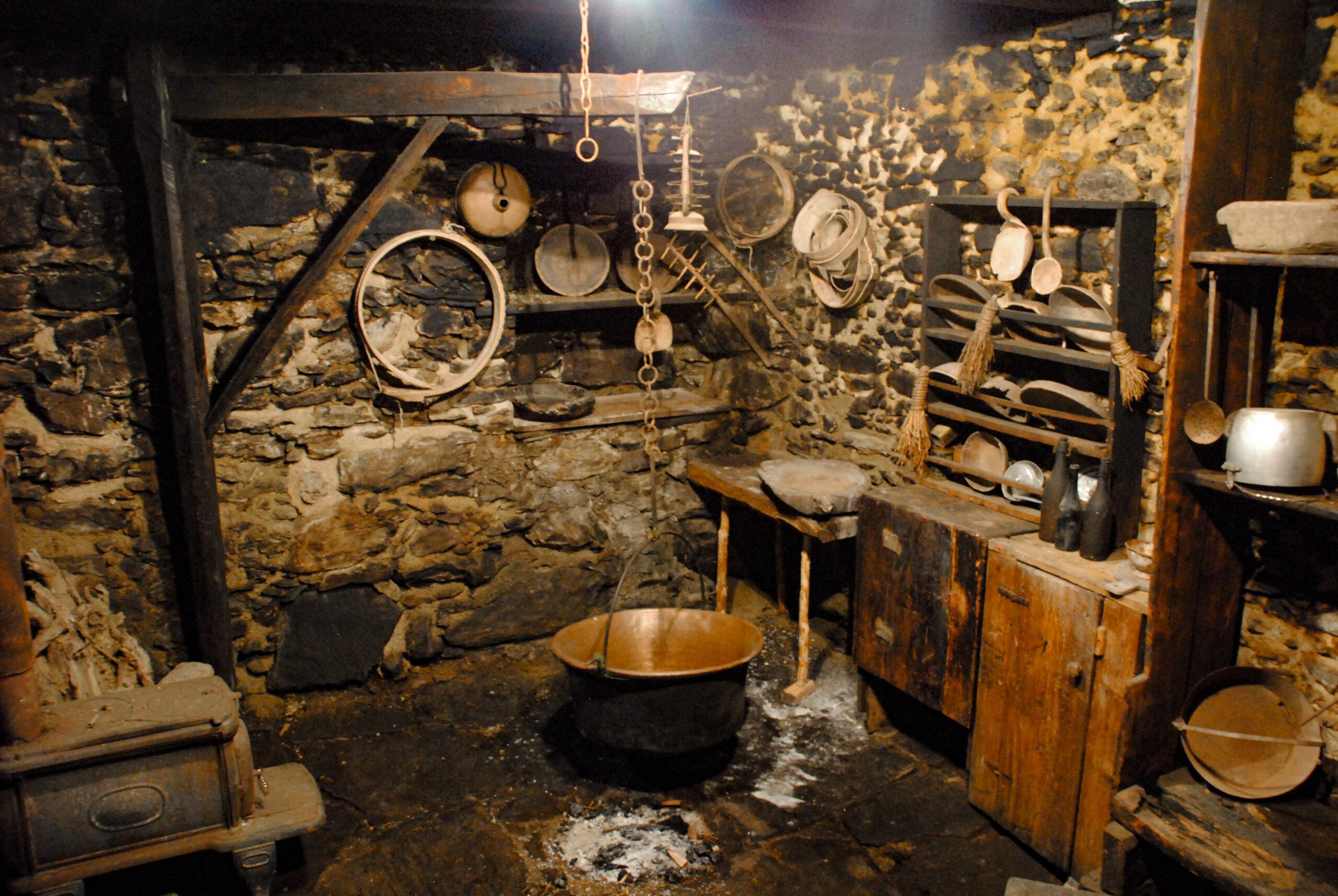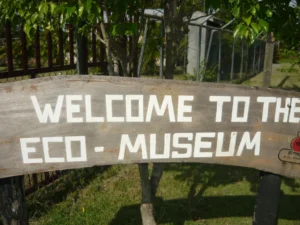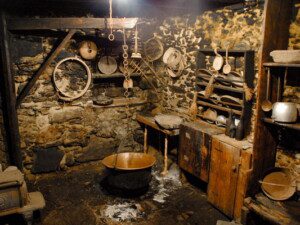Acrobatic Barman (Flair Bartender): Reference scheme

Scheme D) Unregulated profession without a defined scheme (provisional scheme)
The reference scheme is based on the 'modelSkills Cycle' and is in line with the 'Tourism, Arts, Heritage Competence Framework (TAH-CF)'. the TAH-CF is defined in accordance with the European Qualifications Framework (EQF), the Recommendation of the European Parliament and of the Council 2009/C 155/02 (ECVET) and the APNR (Non-Regulated Professional Activities) scheme adopted by UNI for the technical standardization of unregulated professions.”
The form is made available to all stakeholders in the cultural tourism supply chain in order to collect comments and useful elements for identifying the initial scheme. All interested parties are invited to improve the sheet by sending their contributions to info@aiptoc.it
Description
PST16: Acrobatic Barman (Flair Bartender) (V Level EQF)
The Acrobatic Barman (Flair Bartender) uses acrobatic techniques in the preparation of cocktails. It therefore creates involvement by attracting its customers with spectacular movements. It is a professional figure different from the Bar Manager (Office Bar Manager) and the Bartender (Executive Bar Manager)
Where he works
At bars, tourist facilities, ships
The duties of an Acrobatic Bartender (Flair Bartender) include:
- Acrobatic Performances: Perform acrobatic techniques while preparing cocktails, to entertain and engage customers.
- Cocktail preparation: Prepare cocktails using flair bartending techniques, combining acrobatic skills with mixing.
- Workspace Management: Keep the bar area organized and safe for acrobatic performances.
- Interaction with the Public: Establish a relationship with customers through engaging performances.
- Participation in Events and Competitions: Potentially participate in flair bartending competitions or special events.
- Creating New Recipes: Experiment and create new cocktails and unique presentation techniques.
- Collaboration with the Team: Work with other bar staff members to coordinate service and performances.
Standards of Reference
- European Qualification Framework (EQF)
- Recommendation 2009 / C 155/02 (European Credit System for Vocational Education and Training - ECVET)
- Law 4/2013 relating to non-regulated professions
Profile Evaluation Criteria
To certify the possession of skills, it is proposed to take into consideration methodologies that take into account the following aspects in a non-mutually exclusive manner, i.e. possibly in combination with each other:
- Qualifications awarded in the academic field (Formal Learning)
- Specific Training (Non-Formal Learning)
- Work or Professional Experience (Informal Learning)
Work or professional experience can be demonstrated through various tools including:
- Curriculum Vitae
- Professional portfolio
- Objective placement on the market (awards, regional, national or international recognition)
Requirements for access to the professional figure
Since the professional figure is not organized in an order or college, the requirements may vary based on the relevant Professional Association or other criteria established by the individual interested parties. Below are the requirements adopted by the Helios Study Center for inclusion in the internal register containing the list of Professionals whose skills have been recognized as corresponding to the requirements indicated in the “Tourism, Arts and Heritage Competence Framework (TAH-CF)”
- Having attended specific training courses for the professional figure in question organized/recognised by Regions or professional associations established pursuant to law 4/2013 and recognized by the Ministry of Business and Made in Italy (formerly MISE) and at least six months of experience work or profession related to the profession in question
Or
- Having attended a specific training course whose contents and assessment methods comply with this sheet and at least six months of work or professional experience relating to the profession in question
Or
- Secondary school diploma and at least 1 year, even if not continuous, of proven work, professional experience relating to the profession in question
Or
- At least 3 years, even if not continuous, of proven work or professional experience relating to the profession in question
Or
- Be included in the Registers of Professional Associations established pursuant to law 4/2013 and recognized by the Ministry of Business and Made in Italy (ex MISE) as long as they refer to the profession in question
-
Related searches on the Skills Archive Databases (UNDER IMPLEMENTATION)
Featured Heritage Interpretation
Featured training
Basic courses
High Specialization Courses








